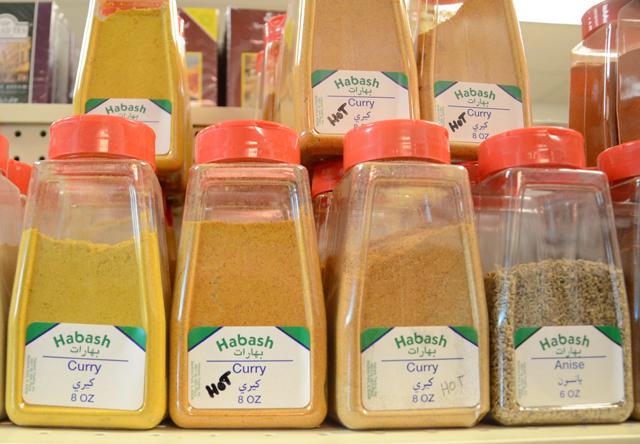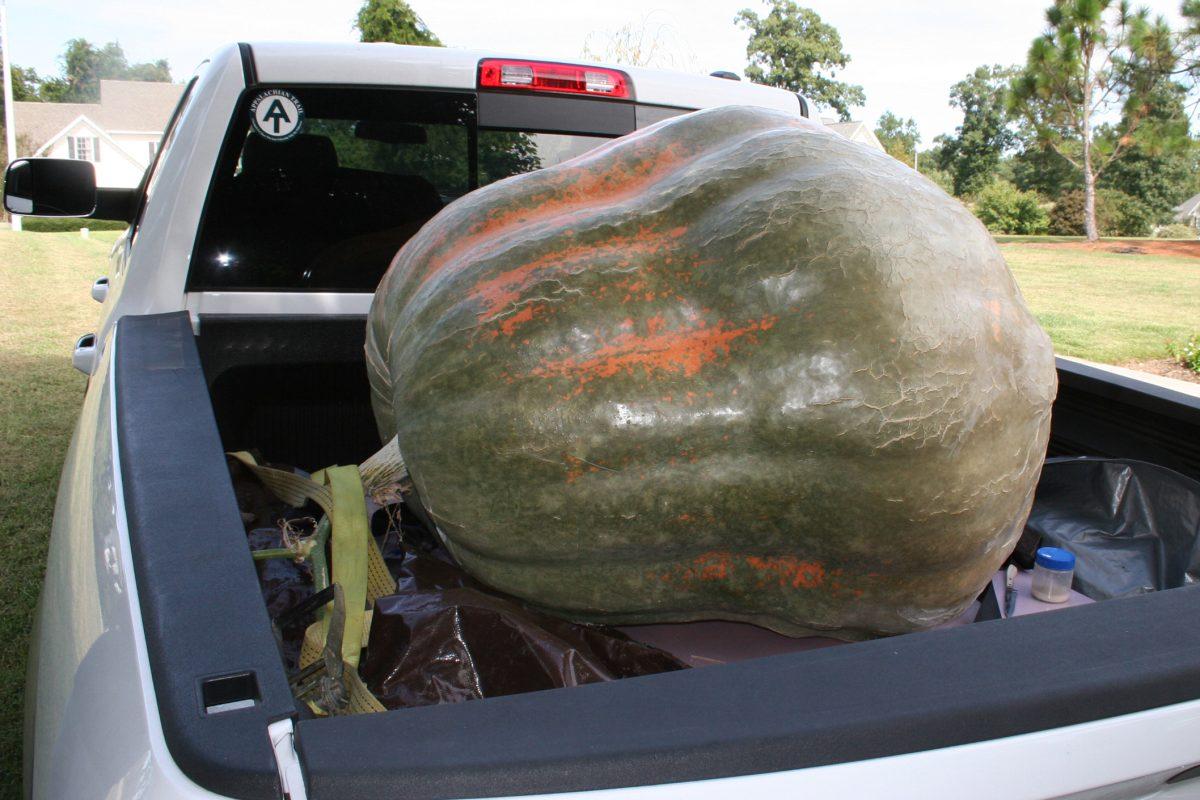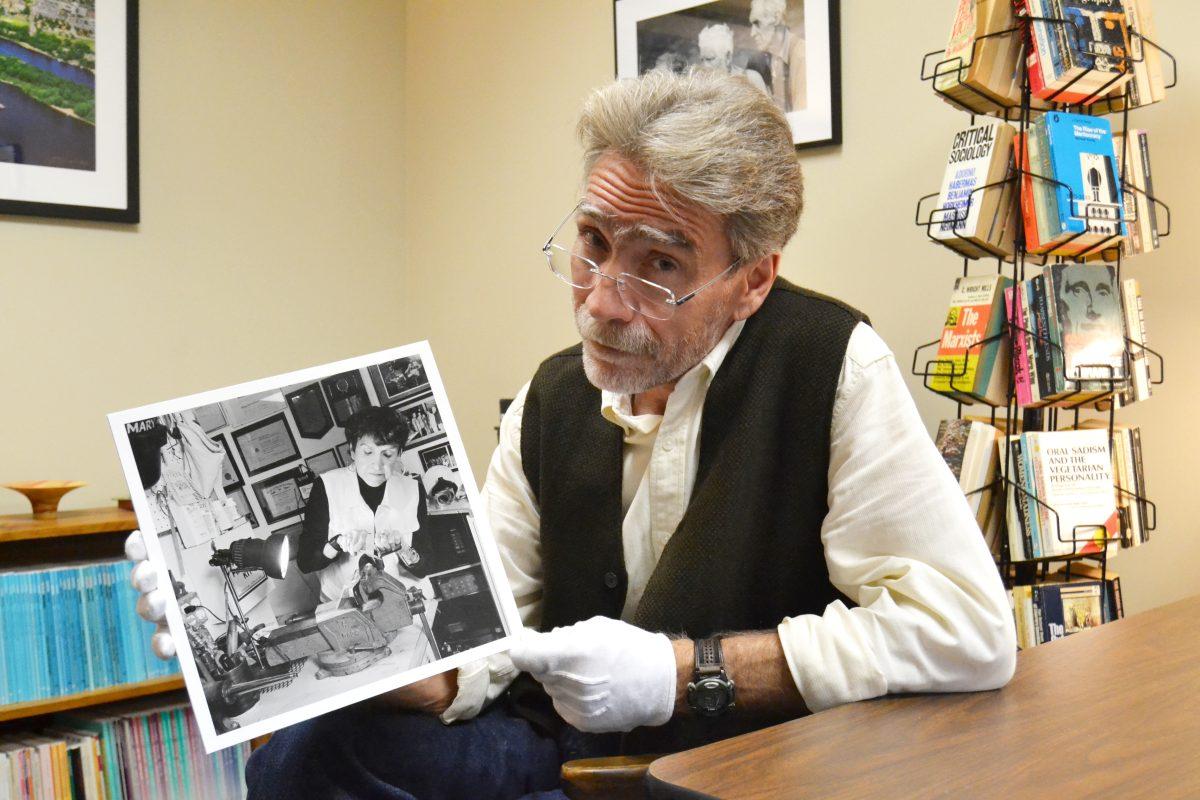Many students have heard grandparents or parents talk about the “good ol’ days” -— the days when customers walked to the local grocery store, stepped into the drug store and had a friendly chat with the clerk behind the counter, or went to the market to get fresh produce.
They describe the classic small-town, “Mayberry” life through rose-colored glasses. However, perhaps a “Mayberry lifestyle” is more a matter of perspective and choice than of a time that has passed us by.
During the last two years, two of the large chain grocery stores in downtown Raleigh have closed. People obviously have been getting groceries and supplies elsewhere. However, many wonder where.
The fact is, while these chain stores are shutting their doors, small local stores and businesses in downtown are thriving.
Consider City Market Produce. Inside a garage-like building on Blake Street, boxes are stacked high and are overflowing with fresh fruits and vegetables. The walls are lined with shelves of preserves, bags of corn meal and hanging dried meat.
Costumers could easily forget where they are, except walking out the main shop door reveals the PNC Plaza skyscraper towering closely overhead.
City Market Produce isn’t new to Raleigh either.
“Been here a long time,” said Ricky Davis, an employee. “Been in this building about 27 years.”
Raleigh has been a good home to the market.
“It’s like a bunch of friendly folks,” Davis said. “There’s always a lot of customers. We know them by name and everything.”
The importance of regular customers and knowing them personally was echoed throughout town.
The Square Rabbit is a locally owned bakery that serves cakes, pastries and cookies along in addition to lunch and catering. Though it benefits from the business of new costumers, it depends on the regulars that come in every day.
“I like being downtown. It’s kind of a small-town feel,” said Ashley Crouse, an N.C. State student working at Square Rabbit. “I didn’t expect that in Raleigh.”
Like City Market Produce, most of these businesses have been in Raleigh for decades.
Hamlin Drugs is the oldest African-American-owned drug store in the nation and has been serving the Raleigh community for 108 years.
“We’ve been able to focus on personal service, and we have been serving two, three, four generations of folks,” said Dr. John M. Johnson, head pharmacist at Hamlin.
“A lot of people consider this home,” said Mischelle Corbin, Johnson’s daughter. “They come in the store. We know them by name. We know how the grandkids are doing or how their children are doing or how their parents are doing.”
Hamlin has been in its current location on East Hargett Street since 1964. During a slow economic period in downtown Raleigh in the ‘60s, Johnson and his business partner built their new store.
“We were indicating our faith in the return of downtown,” said Johnson, now 83 years old. “So that’s when we built this building. And from that point there was sort of a renewal of downtown.”
One of the visionaries in that renewal has been Taiseer “Taz” Zarka, owner of three separate TAZ shops in downtown Raleigh. His goal was to be able to provide all the products that people need through his three stores.
From wine, cigars and flowers at his Tobacco, Wine & Gifts on East Martin Street to milk, bread, cleaning products and fresh fruit in his other stores, Zarka’s shops have a little of everything.
By caring and providing for the community, these local stores have helped create opportunities for new startup businesses to join them downtown.
A good example of this is Seaboard Wine Warehouse. The warehouse has consistently provided Raleigh with personally selected wines from all over the world for 17 years this March. When it first opened, it was one of only three main shops in that area of town.
“Especially being here in Seaboard Station, it’s grown a lot,” said Ty Wagoner, an employee at the Warehouse. “Now . . . we’ve got a bunch of shops [and] new buildings.”
The flexibility to grow with the city is likely one of the reasons these local shops remain. Certainly, however, their small-town care that has stood the test of time is key. It’s clear that these stores are run from the heart.
“We take our time and we serve the patient,” said Corbin. “That’s the only reason we’re here.”





